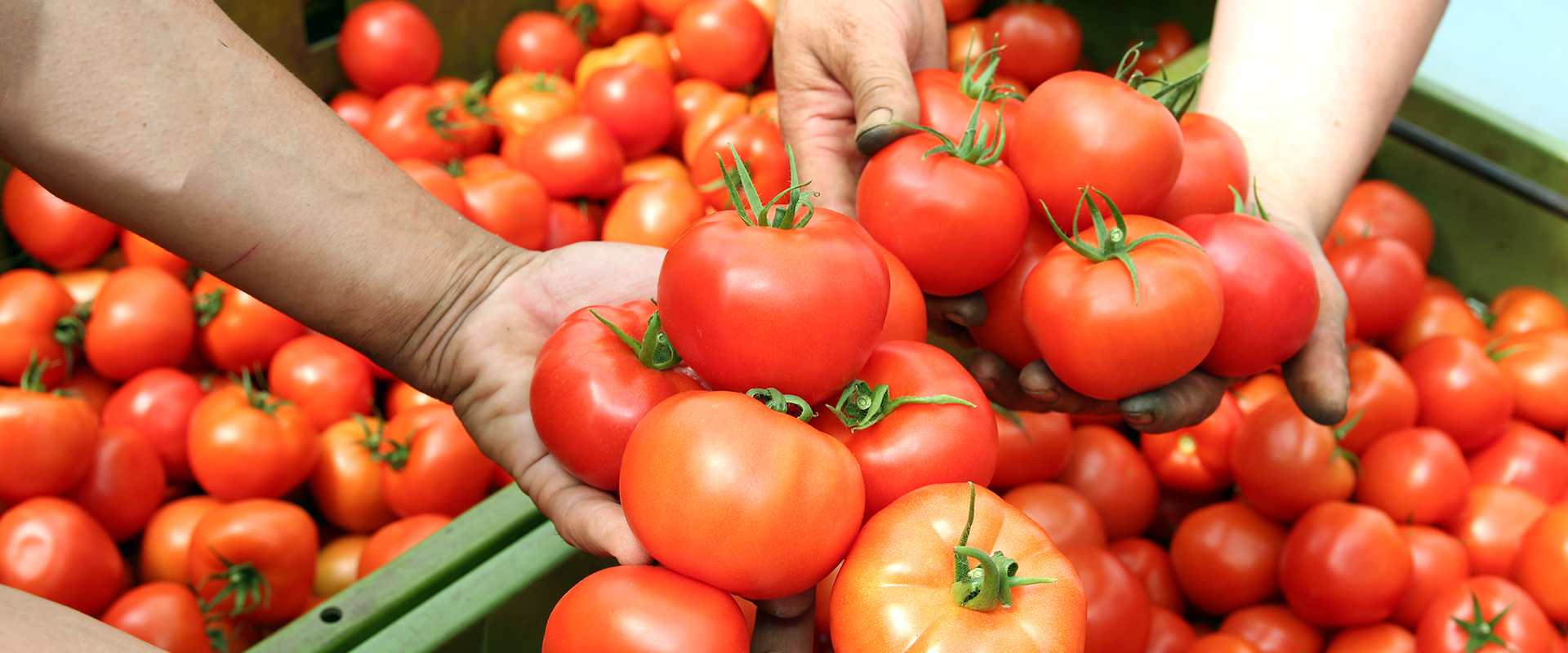
Farmer's Outreach
VASCORP’s outreach works through Public private partnerships with government’s agriculture objectives to train small scale farmers. The impact is in 12 rice producing states across Nigeria with the best techniques in field planting, seed management, harvesting, drying and threshing.
It values the work of young farmers and have established recruitment initiatives for practical and theoretical training in various states. The programmes help farmers cultivate their land and create new opportunities in the rural outskirts. As an organisation it pushes forward the agenda of opportunity, sufficiency & security in the country.
It believes that agriculture is an initiative both women and men should be involved in. Roughly 20% of the beneficiaries are women who work to contribute to their families and household income. The company hopes to encourage the participation of women in farming for future generations ahead. This creates socio-economic advancements for women to feel empowered & included in their villages.
Philanthropy
VASCORP Supports the Indigenous Rice Junior Chef Competition in Kano State of the many programmes it endorses. The Kano chapter of Rice Farmers Association of Nigeria (RIFAN) organized the cooking competition for kids aged between 12 to 15 years. Over 100 young enthusiasts competed for the coveted awards. The objective of the cooking competition was to preserve the Nigerian food culture and inculcate traditional culinary skills among the youth in the so-called fast food generation.
Sustainable Way of Production
Rice a key source of food but it is also good source of income for many smallholder farmers. The rice yield potential is 10 t/ha, however, farmers manage to produce only 7-8 t/ha. In the developing countries like Nigeria, where farmers have less access to the inputs and technology, the average yield is 4-5 t/ha. In order to respond to the future food demands, rice production and yields will have to be increased. At the same time, rice farming needs to be managed in a sustainable way to reduce its environmental footprint. It’s important to mention that rice farming produces 10% of global methane emissions and requires 34-43% of the world’s irrigation water. In order to decrease water use, soil pollution, and methane emissions, as well as improve their yields, farmers need to embrace sustainable farm practices. VASCORP propagates
- Using clean seeds and a variety adjusted to West Africa
- Regular cleaning of equipment and the field from crop residue
- Planting at the same time as the farmer on the neighbouring field
- Encouraging natural pest enemies
- Training on pproperly storing rice grain.
